Yom Yerushalayim

Yom Yerushalayim Obscures The Reality of Modern Jerusalem
A d’var Torah for Yom Yerushalayim by Daniel Seidemann. Jerusalem Day, Yom Yerushalayim, which is this coming Friday, was created by the Israeli Chief Rabbinate, the Rabbanut, in the wake of the 1967 war, and subsequently enshrined as a national holiday under law. A religious commemoration of the “reunification” of Jerusalem when Hallel is said,...
more
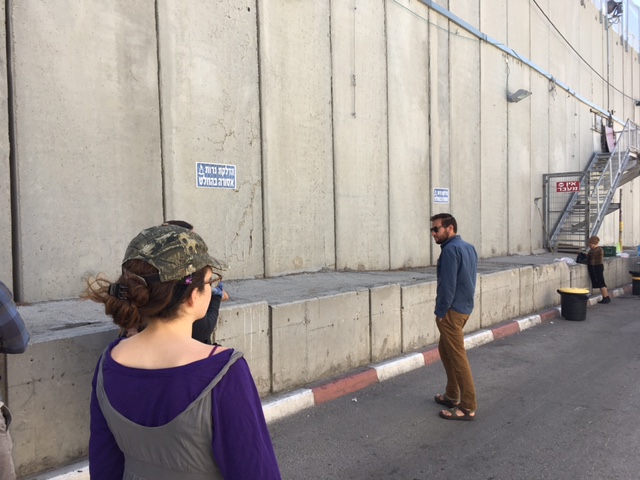
Hallel for Yom Yerushalayim
In Israel, it is common for religious Jews to celebrate Yom Yerushalayim with Hallel, the psalms of praise sung on Jewish holidays. In the US and Canada, different communities have different practices. Rabbi Ezra Weinberg has curated a series of tunes for Hallel that are thematic to Jerusalem and set a more mournful mood. This captures...
more
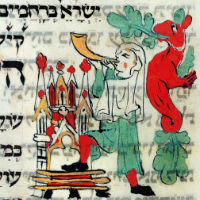
Yovel (Jubilee): Condensed Resources
If the full yovel sourcebook feels a little overwhelming, consider these two condensed forms as a starting point. The Yovel Sampler offers one text from each of the eight sections, in Hebrew and English, with discussion questions. It’s a great way to get the 30,000-foot view on yovel in a single class. The “Yovel at...
more
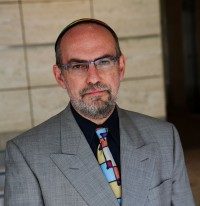
The Halakhic Status of the Occupation
Many groups and individuals have decried Israel’s occupation of the Palestinian territories on moral or legal grounds. The purpose of this white paper is to envision what the values of the halakhic tradition might be if we considered the State of Israel and its occupation through those eyes. Its analysis will also inform to some...
more
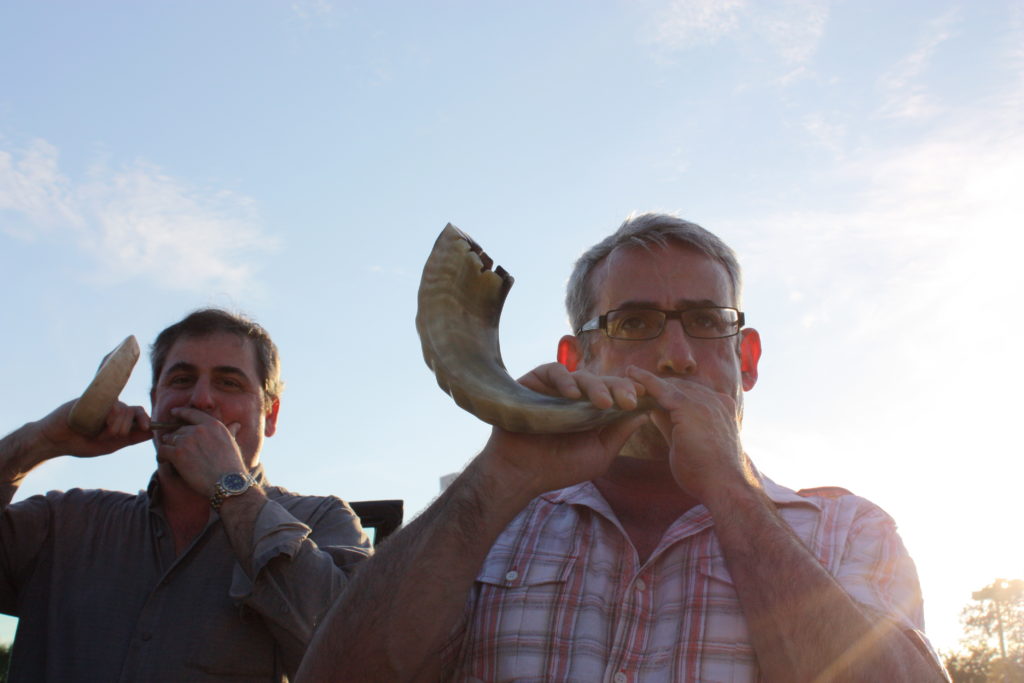
Yovel Text Study: Shofar
The Torah describes counting a cycle of seven seven-year periods—forty-nine years in all, and then sounding the shofar to announce the beginning of the yovel (Jubilee) year, during which land returns to its original owners and slaves go free. We associate the shofar primarily with Rosh Hashanah, which is known in the Torah as Yom...
more
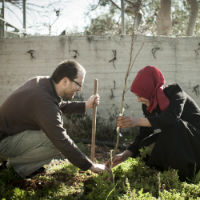
Yovel Text Study: Return
The Jewish mystical tradition offers depictions of periodic cosmic rebirth, in which every 50,000 years, the entire universe returns to its original state. This can be seen as a more mythic, cosmic version of a the radical notion of land-return in our earthly yovel, the biblical commandment in which every fifty years, land would return...
more
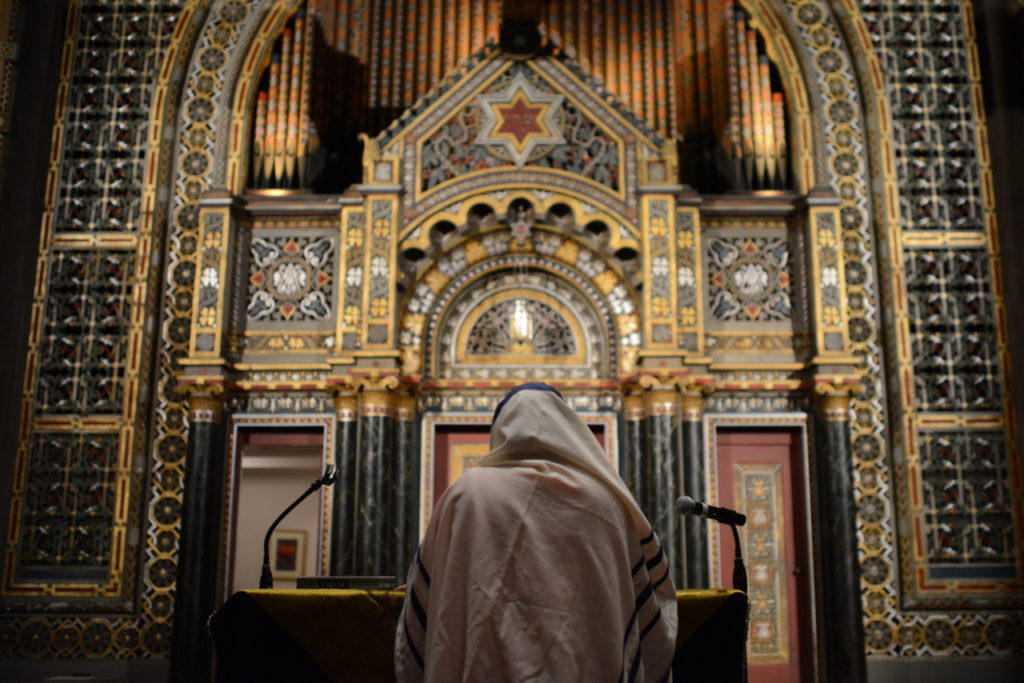
Yovel Text Study: Make the Year Holy
In The Sabbath, Rabbi Abraham Joshua Heschel famously frames Jewish perceptions of holiness as holiness in time rather than in space: “The quality of holiness is not in the grain of matter. It is a preciousness bestowed upon things by an act of consecration and persisting in relation to God.” He describes Shabbat as a...
more

Yovel Text Study: D’ror (Liberation)
In the yovel year, the enslaved go free; the Hebrew word d’ror refers to this release, and to liberty itself. Perhaps the most famous use of Leviticus 25:10 is on Philadelphia’s Liberty Bell, on which is enscribed: “Proclaim LIBERTY throughout all the land unto all the inhabitants thereof”. The iconic bell was created for the...
more
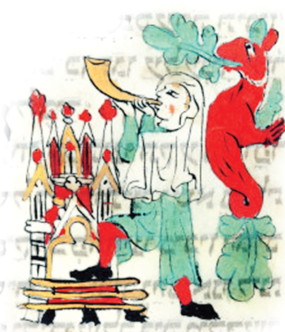
Yovel Text Study: 50 Years
We don’t know exactly when the Yovel year begins. It’s the culmination of seven cycles of seven years, each culminating in a sh’mitah—sabbatical—year. The only way to arrive at Yovel is to count seven years, then seven again and again until forty-nine years have gone by. Similarly, the Torah never tells us precisely when to...
more
Yovel Text Study: Betach (Security)
Imagine the time leading up to the sh’mita year in the ancient world. In an agricultural society, people no doubt would have been anxious: what would they eat while the land rested? Would the previous season’s crop suffice for an extra year? And before the yovel year, the anxiety must have been doubled, as the produce of the forty-eighth year would have to last for two extra years! This passage in Leviticus acknowledges this fear, and also frames the yovel year as a time to cultivate a sense of security not based on material possessions.
more
